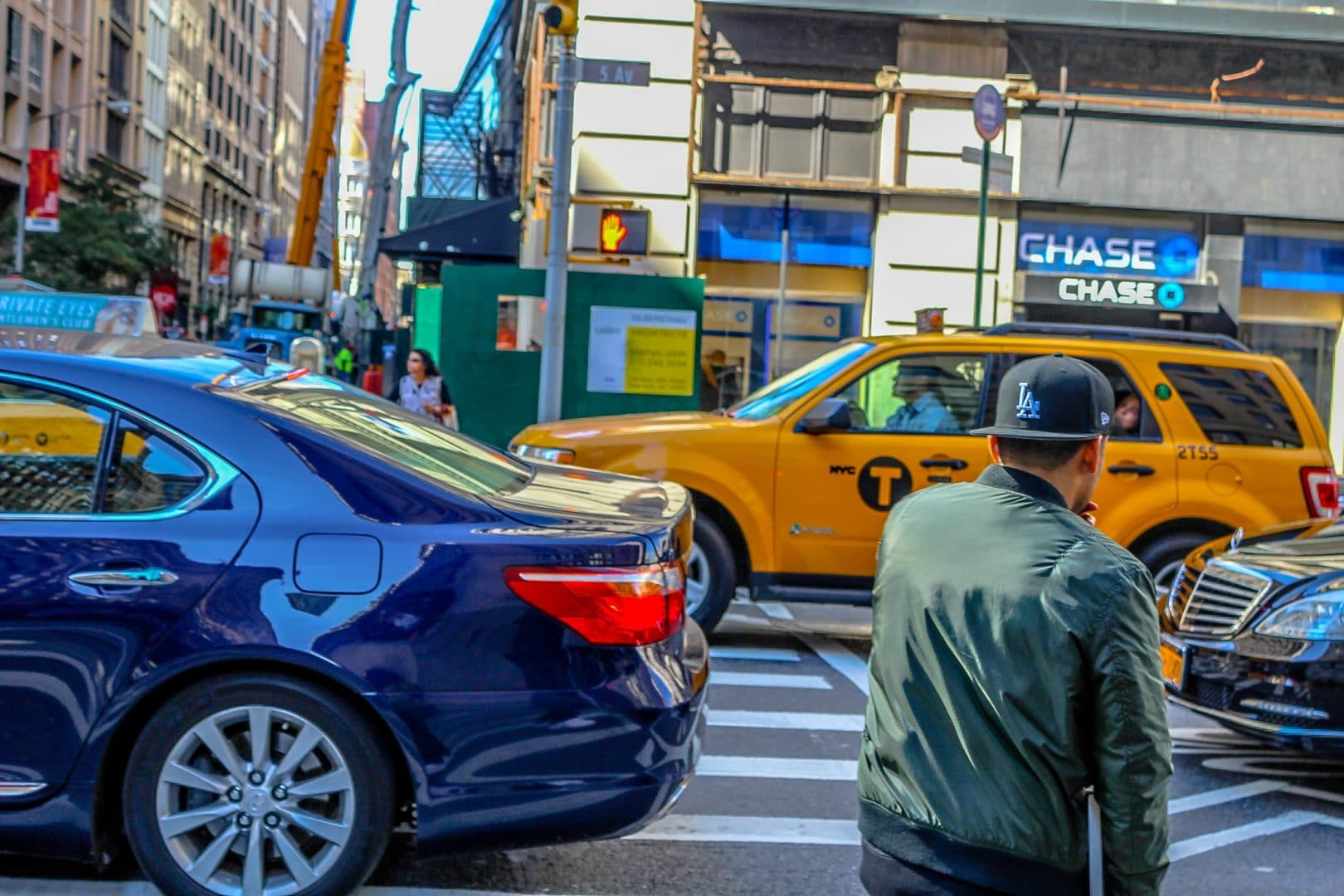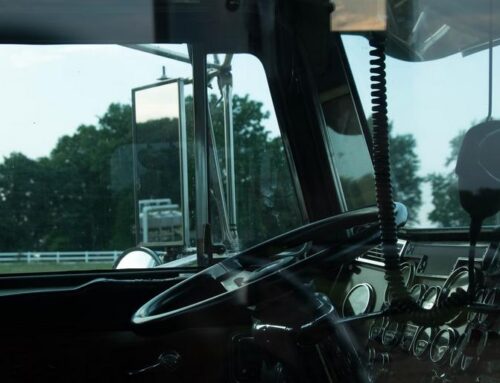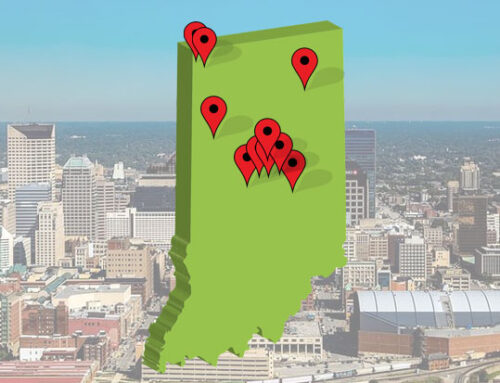Self-driving cars and trucks are the future, and many companies are now testing this technology in the present day. There are many cities where self-driving cars are a common sight on the streets, and companies like Tesla have already implemented a scaled-down version of this technology in their vehicles. However, this technology is not perfect, and it can and has caused accidents. Most notably, Tesla has been in the news a few times because of accidents caused by self-driving technology and imperfect sensors. However, what happens when self-driving cars become the norm? Who will be liable for common accidents that occur every day, and not just the horrific ones that are reported on now?
How is Liability Determined Now?
Currently, liability for these accidents is often placed on the company who manufactured the vehicle. People do not sue insurance companies, or a singular person, they sue a company for negligently creating this technology and not ensuring it is safe before it is put out onto the roads. However, most lawsuits settle, so the actual legal question of foreseeability when dealing with self-driving vehicles still has not been decided.
This means that self-driving accidents are still somewhat of a legal grey area. In recent cases, Tesla has disabled self-driving tech in their cars, only to revise the code and re-enable the technology later. This is a technology that is still being tested and evolving. In states that have laws regarding autonomous vehicles, there are a few options for plaintiffs to file suit against in the event of an injury or accident caused by an autonomous vehicle.
Plaintiff’s can sue the operator of the vehicle, which means the person who started the car and turned on the self-driving capabilities, they can sue the company who created the self-driving technology or code, they can sue the company that manufactured the vehicle, or they can sue the company who put the autonomous vehicle tech and the vehicle together.
These various options allow for plaintiffs to sue the person who is most liable for their injuries. In different states there are limits on who a plaintiff can go after, and some states limit a plaintiff to go after only a couple of different parties of the four above.
What Does the Future Hold for Liability in Self-Driving Automobile Accidents?
Many hurdles must be cleared technologically before self-driving technology is the norm on the roads. But when the technology is advanced enough, certain parts of the insurance industry may change. Because self-driving accidents are poised to be more common, it must be determined who is liable when two self-driving cars collide. Slowly, complete self-driving cars, without a brake pedal, gas pedal, or steering wheel, will become more common. Liability for accidents involving these cars would more likely fall on the companies rather than the driver of the car. However, we all must take a wait and see approach when self-driving tech is concerned.
Do You Have A Tort Case and Don’t Know Where to Turn to Recover for Your Injuries?
Contact the experienced attorneys at Hurst Limontes, LLC. We fight for our clients to ensure that they receive just compensation for their injuries, and our attorneys have decades of combined experience! Call or email today for a free consultation!





